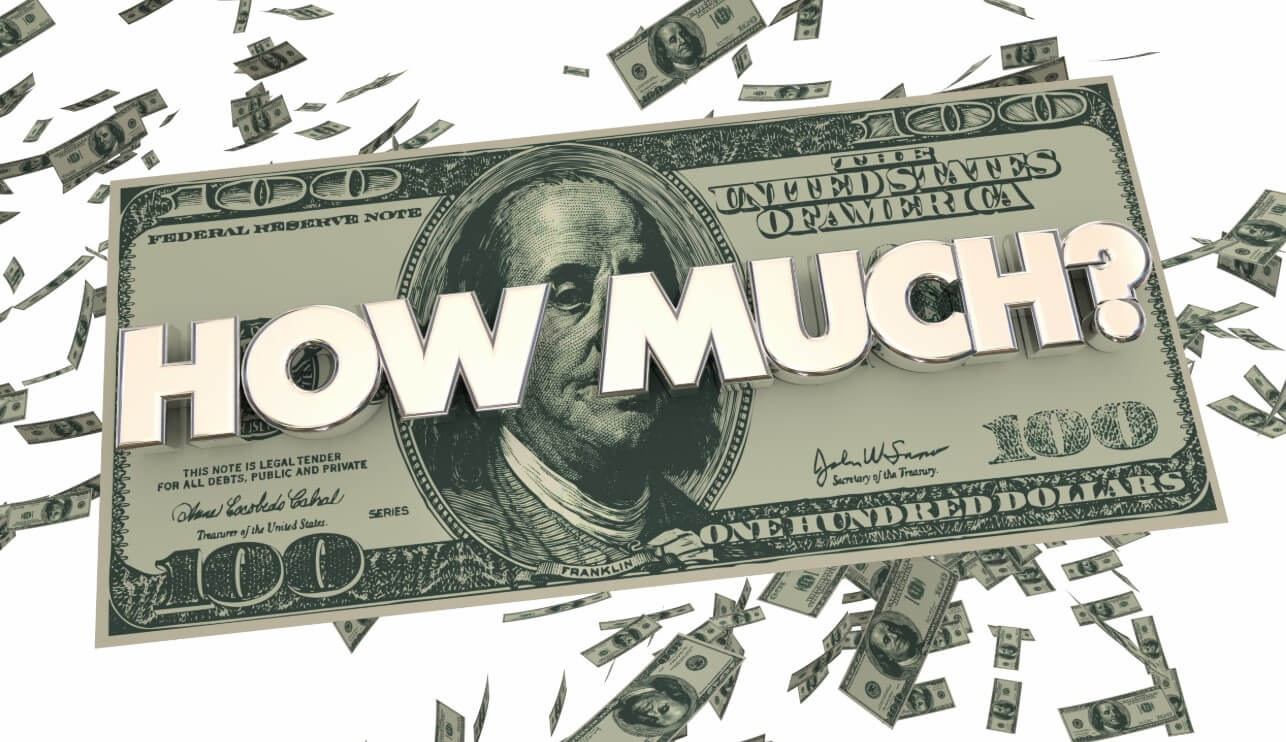Deciding to become a forex trader is often the first step on the path to financial success and freedom for many investors, as long as one has educated themselves and is entering the field with realistic expectations. Once you decide to get started, you’ll find that there are thousands of brokers to choose from, with new options popping up every single day. Each broker offers their own conditions and account types that have been tailored to the needs of different kinds of clients.
If you’re wondering what you absolutely HAVE to deposit to get started, the answer may surprise you. Some brokers will allow you to open an account with just $5, while others might not require a specified starting deposit at all. Do keep in mind that this will usually get you a mini, micro, or cent account, which might come with slightly higher spreads while allowing you to implement the smallest trade size, one micro lot (0.01). These accounts are usually good choices for beginners.
Other accounts might offer slightly better conditions but will require a larger deposit. The exact amount varies widely, but common asking amounts are around $100 – $500 for a standard account, $300+ for the next level account, and then deposits in the thousands for the best accounts that are offered, which are commonly named “platinum”, “diamond”, “VIP”, and so on. It is common for the VIP account to be the best account offered through the broker and for deposit requirements to be quite large, totaling around $50,000 or more.
Now that you know about the different types of trading accounts and how much it typically costs to open one, you still need to know how much you should personally invest. This answer differs for everyone. Here are some things to consider when figuring out how much you’d like to start with:
- What type of account would you like to open? If your heart is set on a better account type, what is the typical minimum for that account and can you afford it?
- How much experience do you have? Beginners might want to stick with a lower amount until they get used to trading.
- What are your profit goals? If you’re okay with very small profits at first, a small investment will suit you. On the other hand, those that want to make more money faster will need to make larger deposits.
- How much can you afford to invest? This money should come from extra funds, not money that you need to live off of.
The final question is probably the most important, as you should never invest money that you actually need. This rarely ends well. First and foremost, you could lose this money and you’d be left in a bad predicament. Or you might need to withdraw these funds quickly, only to find that withdrawal times are slower than expected, which could leave you in a panic. Remember that customer support might be able to process your withdrawal more quickly than usual, but your broker can’t expedite your funds in an emergency as they will be subject to bank processing times. This is why you should never deposit money that you might need back quickly.
Once you’ve decided how much you can and want to invest, you’ll be ready to compare trading accounts so that you can choose the best one for your personal needs. Don’t feel discouraged if you have to start small, because your investment will eventually build, and you’ll be able to afford a better account type in the future. If this is a big goal for you, then you could choose a broker offering a tier-based account system where you advance to the next tier once your account reaches a certain balance. Other brokers will often allow you to transfer your funds over to another account type when you’re ready.




 Now, starting with demo accounts or small accounts is beneficial to smooth out the trading process, see where you are thin, and to show that you can do good trading in the long run with steady results. This is how we want to present ourselves to trading companies. When they engage you, trading companies will arrange their own tests. They will set a test period and see how you do under pressure, which is usually about 6 months. Don’t be upset by this time period, there is no other way for them to expose lesser traders that can’t maintain steady results. Constant results are hard to achieve, and that will separate a “trader” from a professional trader.
Now, starting with demo accounts or small accounts is beneficial to smooth out the trading process, see where you are thin, and to show that you can do good trading in the long run with steady results. This is how we want to present ourselves to trading companies. When they engage you, trading companies will arrange their own tests. They will set a test period and see how you do under pressure, which is usually about 6 months. Don’t be upset by this time period, there is no other way for them to expose lesser traders that can’t maintain steady results. Constant results are hard to achieve, and that will separate a “trader” from a professional trader.